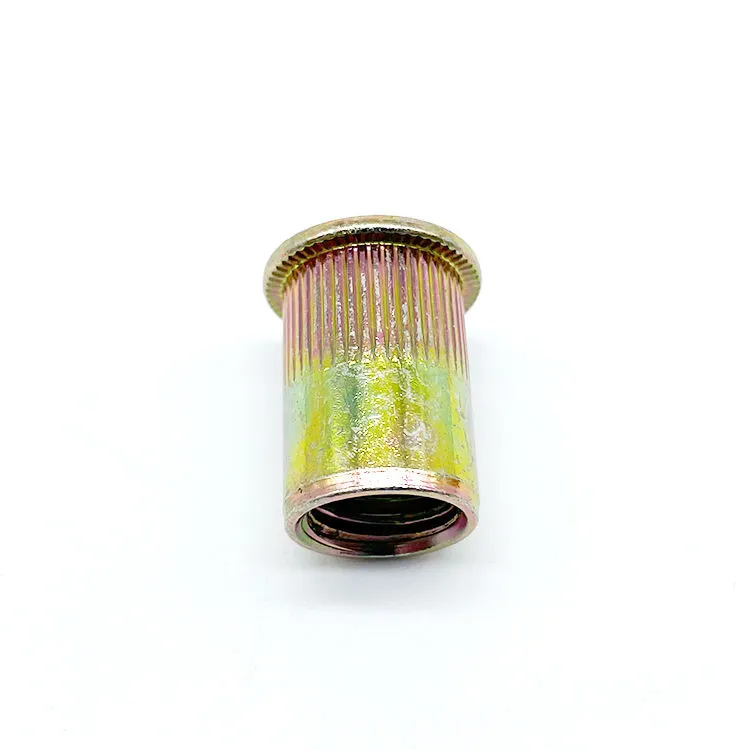

hex tapping screw
Set . 23, 2024 06:40 Back to list
hex tapping screw
Understanding Hex Tapping Screws A Guide to Their Use and Benefits
Hex tapping screws are a specialized type of fastener that plays a crucial role in various construction and manufacturing applications. Designed for efficiency and effectiveness, these screws promote easy installation and robust hold, making them indispensable in both professional settings and DIY projects.
What Are Hex Tapping Screws?
Hex tapping screws feature a hexagonal head that can be driven by a wrench or socket, allowing for fast and secure installation. Their unique design includes threads that extend all the way to the head, unlike traditional screws that may have unthreaded shanks. This design enables the screw to cut its own threads as it is driven into the material, a feature that is particularly advantageous in softer substrates such as wood or plastic. The hex head provides a larger surface area, which results in more torque and better hold than slotted or Phillips heads.
Advantages of Hex Tapping Screws
1. Ease of Installation One of the primary benefits of hex tapping screws is their ease of installation. They can be driven into materials without the need for pre-drilling, saving time and effort on projects that require numerous fasteners.
2. Strong Grip The self-tapping feature allows these screws to create a secure fit in various materials. This is especially important in applications where vibration or movement can loosen other types of fasteners.
hex tapping screw

3. Versatility Hex tapping screws can be used in different materials, including metal, wood, and plastic. This versatility makes them suitable for diverse applications, from securing components in machinery to assembling furniture.
4. Reduced Risk of Stripping The hexagonal head allows for a more reliable grip with tools, reducing the risk of stripping the head compared to other screw designs. This results in easier removal and replacement if necessary.
Applications in Industry
Hex tapping screws are widely used across various industries. In construction, they are essential for fastening structural components, attaching drywall, and securing roofing materials. In manufacturing, they play a key role in the assembly of products, where a strong hold is crucial for safety and durability.
Moreover, these screws are prevalent in the automotive and aerospace sectors, where secure and reliable fastening is paramount. Engineers and manufacturers appreciate the ability of hex tapping screws to withstand high levels of torque and stress, enhancing the overall integrity of their assemblies.
Conclusion
In summary, hex tapping screws offer a blend of convenience, strength, and versatility that make them a preferred choice among engineers, contractors, and DIY enthusiasts alike. By choosing the right type of screw for specific applications, users can ensure that their projects are completed efficiently while maintaining the utmost quality. Whether you're embarking on a home improvement project or working in a professional capacity, understanding the benefits and uses of hex tapping screws can greatly enhance your productivity and end results.
Latest news
-
Similarities and Differences Between Plain Washer and Spring Washer - Fastener Comparison Guide
NewsJun.10,2025
-
Effortless Installation Self-Drilling Window Screws - Fast, Secure, and Durable Fasteners
NewsJun.10,2025
-
Self Drilling Stucco Screws for Fast, Secure Installation Self Tapping & Self-Tapping Fasteners
NewsJun.10,2025
-
Premium Hot Dipped Galvanized Self Tapping Screws - Durable Corrosion Resistance
NewsJun.09,2025
-
Discover M12 Weld Stud Benefits & Applications Guide
NewsJun.09,2025
-
M25 Stainless Steel Washers High-Durability Fasteners for Corrosion Resistance
NewsJun.09,2025

